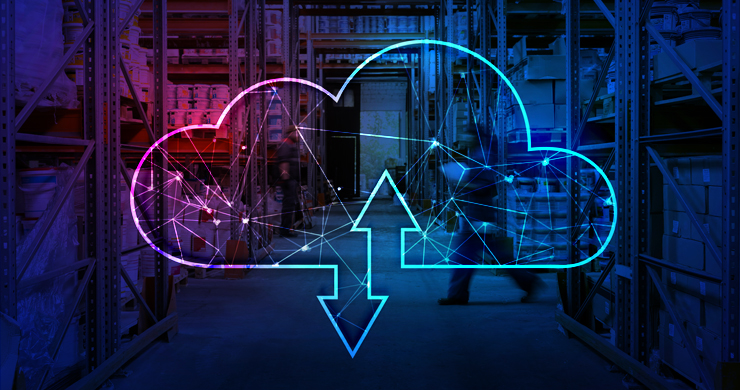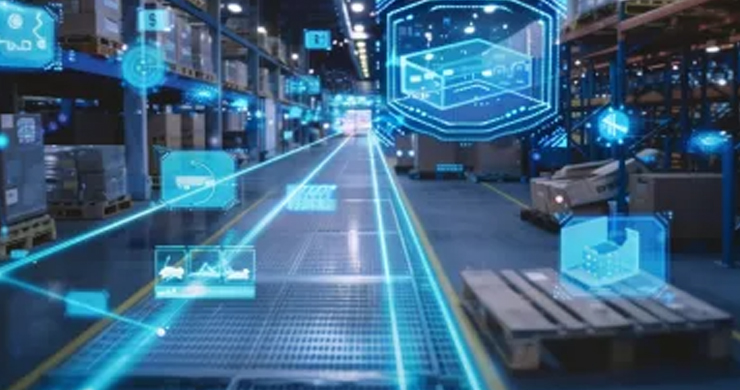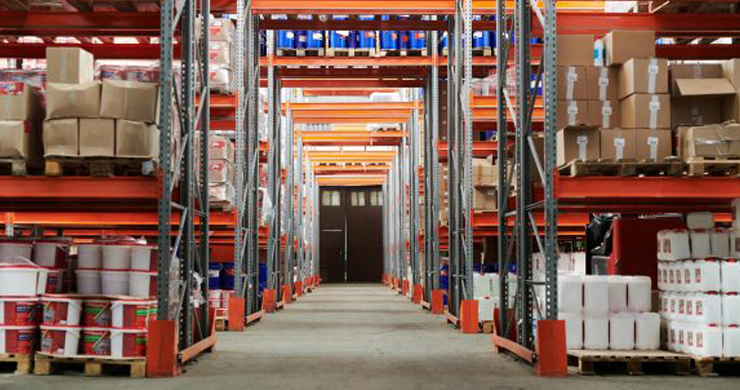In the field of logistics and warehouse management, the implementation of a Warehouse Management System (WMS) is essential to optimize operations and improve efficiency. However, not all WMSs are the same. It is crucial to distinguish between a general WMS and one specialized in the industrial sector, such as InLOG PRODUCTION, to ensure that technological solutions are adapted to the specific needs of each company.
What is a WMS?
To understand what a WMS is, we must perceive it as a technological tool designed to supervise and control the daily operations of a warehouse. Its main functionalities include:
- Inventory control: Accurate, real-time tracking of available stock.
- Location management: Space optimization through efficient allocation of product locations.
- Receipt and dispatch of goods: Streamlining of incoming and outgoing products, ensuring accuracy in quantity and quality.
- Route optimization: Improved internal travel to reduce time and costs.
- Integration with other systems: Connection with ERP and transportation systems for integrated supply chain management.
Differences between a general WMS and a specialized WMS in the industrial sector
Although a WMS offers general functionality for warehouse management, industrial companies require more specific solutions due to the complexity of their operations. This is where a specialized WMS, such as InLOG PRODUCTION, makes the difference:
- Integration with production processes: In addition to managing the warehouse, InLOG PRODUCTION is integrated with manufacturing orders, automating the provisioning of production lines and the collection of finished products and production scrap.
- Adaptability to plant design: Each industrial plant has a unique design. InLOG PRODUCTION considers factors such as available space, handling facilities and production line constraints to help establish the most appropriate sourcing model.
- Integration with industrial systems: This WMS is designed to connect with SCADA systems, scales, labelers and other automation systems, facilitating integrated, real-time management of production and the warehouse. Having a dashboard to visualize the status of the warehouse in real time is an added value that facilitates and optimizes management.
- Advanced traceability management: InLOG PRODUCTION offers an exhaustive end-to-end traceability control, from the reception of raw materials to the delivery of the final product, ensuring compliance with regulations and quality standards.
Benefits of implementing an industrial WMS
Opting for an WMS specialized in the industrial sector brings multiple advantages:
- Operational efficiency: Process automation reduces errors and downtime, increasing productivity.
- Flexibility: The ability to adapt to different plant layouts and production processes allows for customized implementation, resulting in greater efficiency of the production process.
- Real-time visibility: Integration with various systems provides up-to-date information for informed decision making. The ease of consulting data in dashboards provides a different, more useful vision that results in better operations.
- Regulatory compliance: Detailed end-to-end traceability management ensures compliance with industry-specific regulations. This approach to traceability increases process reliability and quality.
In conclusion, for industrial companies, it is essential to differentiate between a general and a specialized WMS. InLOG PRODUCTION is presented as a solution specifically designed to address the specific challenges of the industrial sector, guaranteeing efficient management adapted to the particularities of each production plant.





